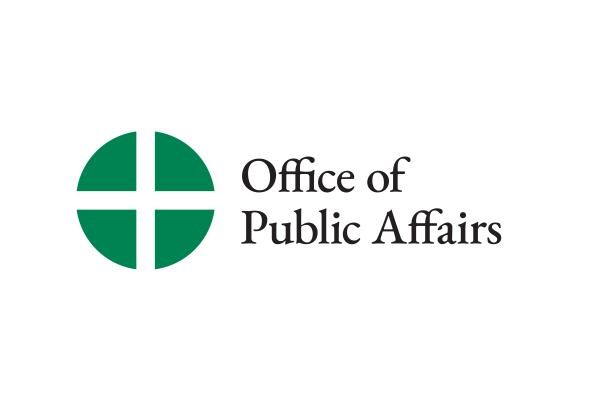Bishops Welcome Nuclear Treaty, Urge Further Action on Nuclear Disarmament
WASHINGTON – The signing of the nuclear arms reduction treaty between the United States and Russia Friday is a welcome step, according to the president of the U.S. Conference of Catholic Bishops, but must be seen as "one of many steps that must be taken" toward a global ban on nuclear weapons.
WASHINGTON – The signing of the nuclear arms reduction treaty between the United States and Russia Friday is a welcome step, according to the president of the U.S. Conference of Catholic Bishops, but must be seen as "one of many steps that must be taken" toward a global ban on nuclear weapons.
"The treaty should contribute to non-proliferation efforts and a safer world," said Bishop Wilton Gregory in a statement released today. "We are concerned that U.S. planning and policies keep pace with the dramatic changes in world politics since the end of the Cold War, and move away from reliance on nuclear weapons as a central part of our nation's military doctrine."
The United States and Russia committed to reducing their stockpiles to between 1,700 and 2,200 nuclear warheads by 2012 under the terms of the treaty known as the Treaty of Moscow. The two countries currently have about 6,000 warheads each.
Bishop Gregory said the bishops still have concerns in the following areas:
Further cuts in nuclear weapons. "We disagree with those who claim that this agreement represents the lowest our nation or otherscan or should go in reducing their nuclear stockpiles," Bishop Gregory said. "Much deeper, more irreversible cuts, in both strategic and tactical weapons, are both possible and necessary."
The use of nuclear weapons. "We oppose the continuedreadiness of the United States to use nuclear weapons, especially against non-nuclear threats, and the potential development of new weapons for this purpose," Bishop Gregory said.
Ratification of the test ban treaty. Bishop Gregory urged President Bush to support the ratification of the comprehensive test ban treaty, saying "an end to nuclear testing is one essential stepin escaping the moral predicament posed by nuclear deterrence."
Threat reduction. "More must be done to assist nuclear nations, particularly Russia, in dismantling and controlling their weapons and nuclear materials," Bishop Gregory said. "The thousands of tactical nuclear weapons that are not covered by existing agreements are of particular concern."
"Our nation should lead in the challenging task of envisioning a future rooted in peace, with new global structures of mediation and conflict-resolution, and with a world order that has moved beyond nuclear weapons," he said in conclusion.
